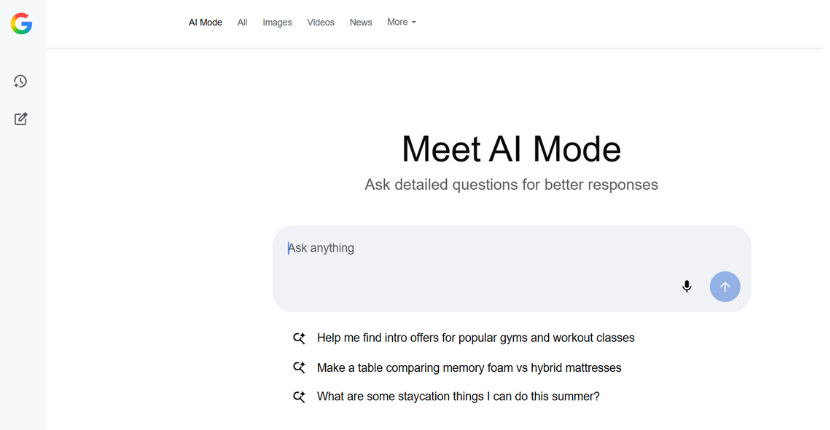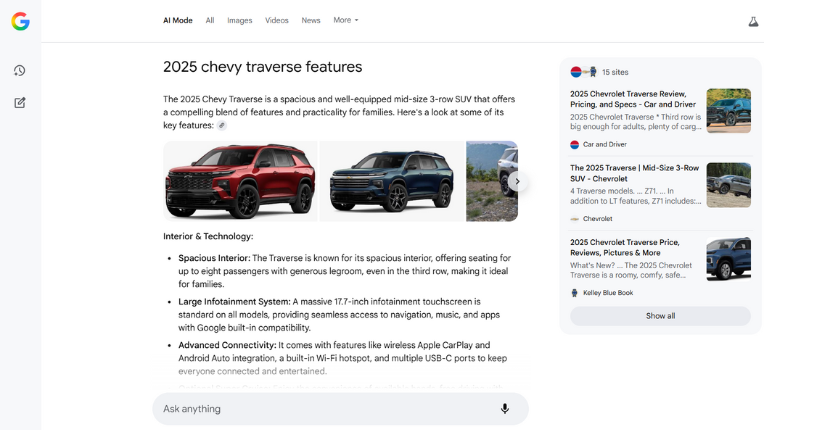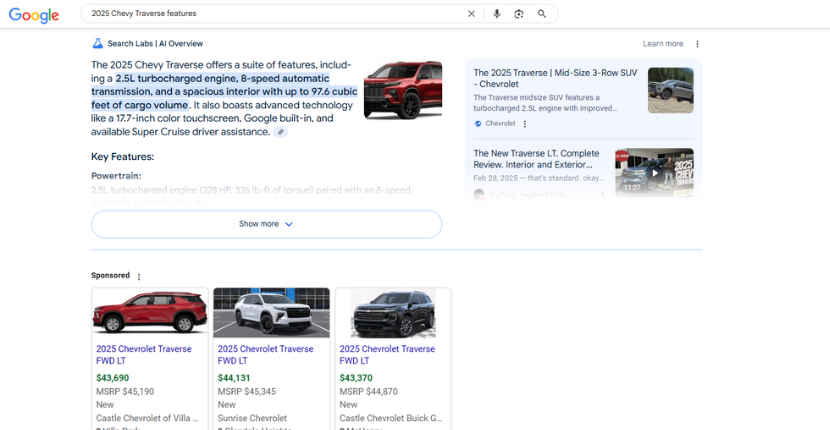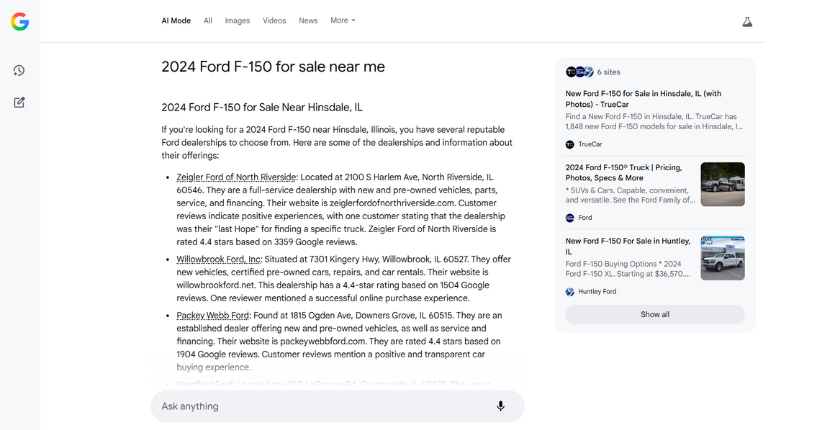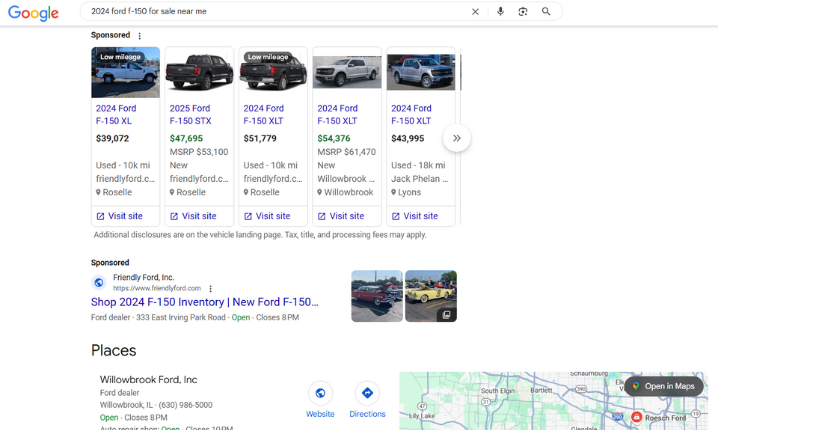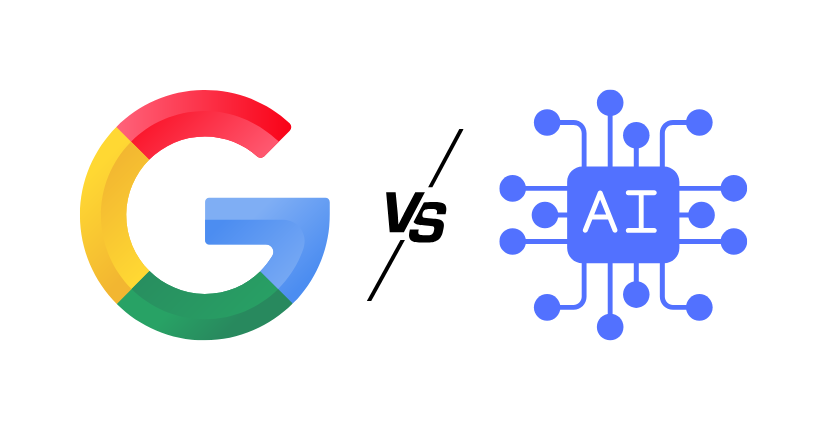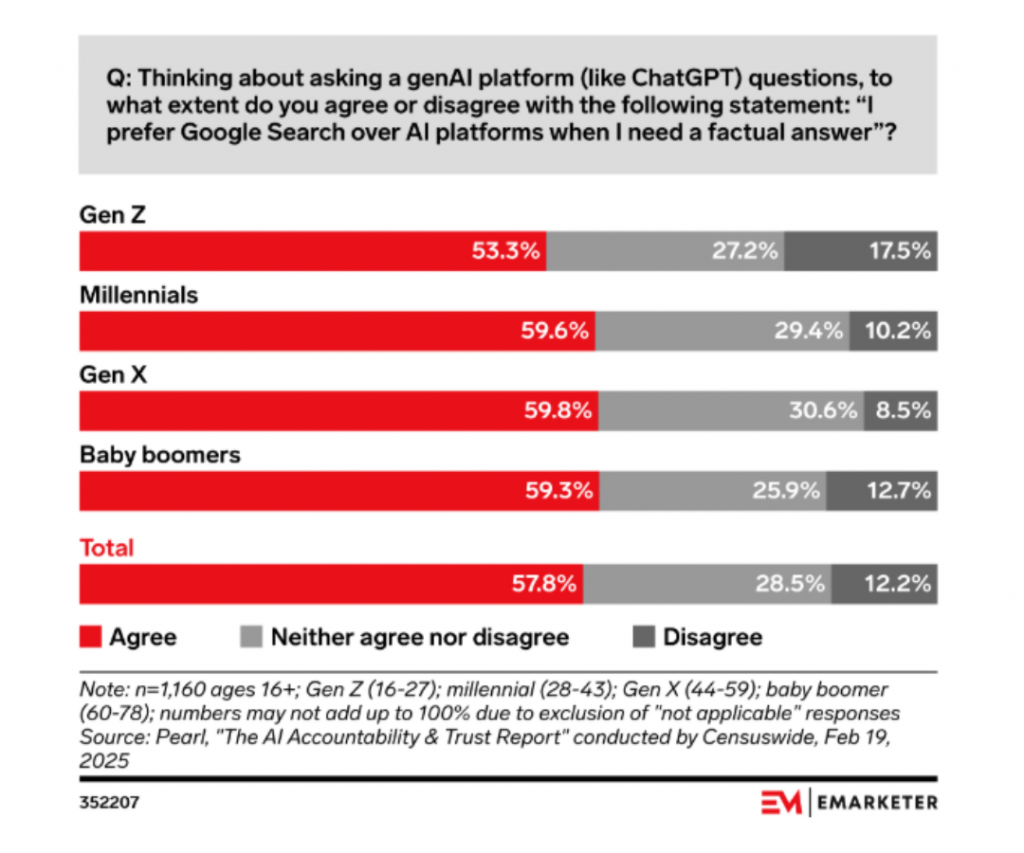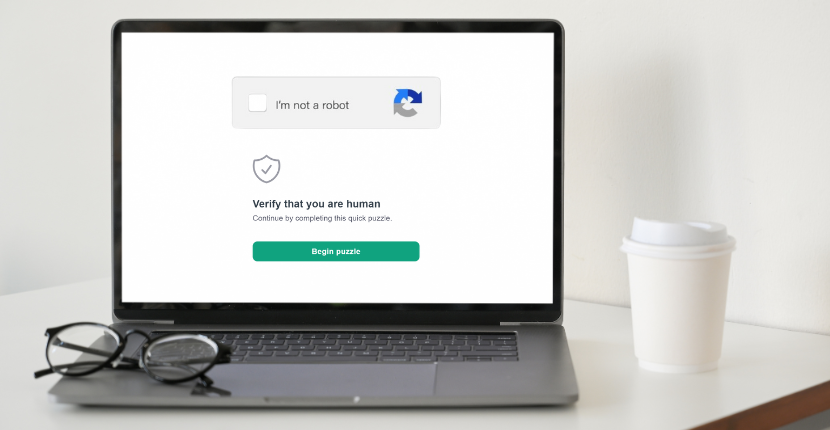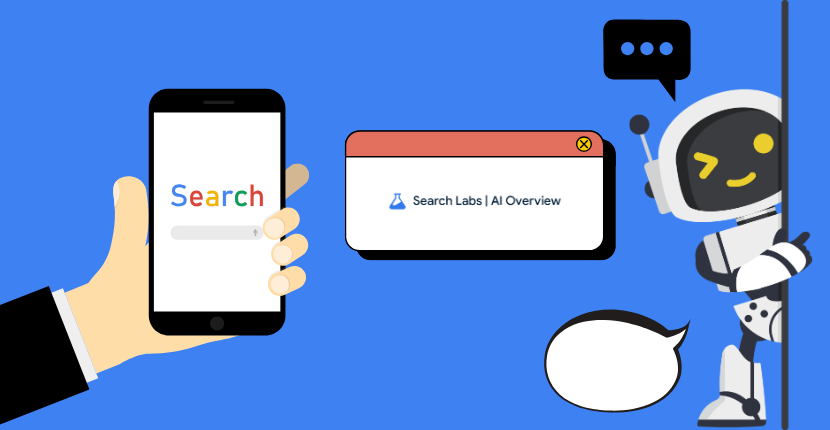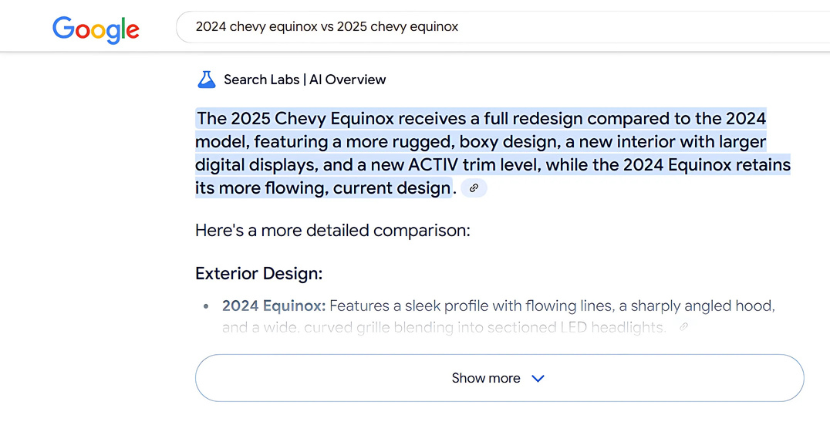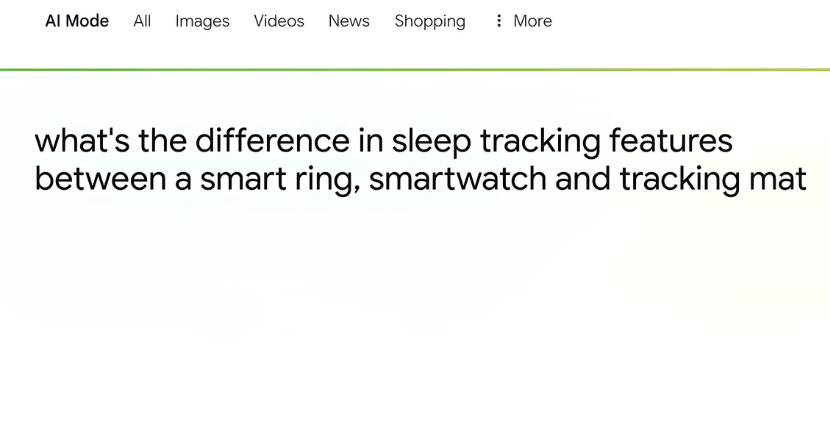AIMedia was proud to attend the 2026 NADA Show, held February 3–6 in Las Vegas. Recognized as the automotive industry event of the year, NADA continues to be the premier destination for innovation, education, and connection across the automotive space.

As a company focused on automotive marketing and automotive digital marketing, our team gained valuable insight into emerging trends, new technologies, and evolving strategies shaping the future of dealerships. Check out some photos of our team below!
Inside the NADA Expo
The NADA Expo brought together more than 600 companies showcasing products, services, and technologies designed to help dealerships operate more efficiently and grow their businesses. From inventory solutions to advancements in digital marketing for car dealerships, the Expo highlighted how the industry continues to evolve to meet changing consumer behaviors and expectations.
Industry Insights and Conversations
Throughout the event, our team connected with dealers, partners, and industry leaders to discuss key topics impacting automotive marketing in 2026. Performance, transparency, efficiency, and measurable results were recurring themes, along with the continued importance of reaching in-market shoppers at the right time in their buying journey.
These conversations reinforced our company’s focus on smarter, data-driven marketing strategies that help dealerships maximize visibility and improve overall results.
Looking Ahead
Attending the 2026 NADA Show provided AIMedia with valuable perspective on where the automotive industry is headed. We enjoyed connecting with dealership professionals from across the country and exchanging ideas centered on innovation and long-term success.
Our team looks forward to building on these conversations and continuing to support dealerships with forward-thinking automotive marketing solutions. Contact AIMedia for digital marketing solutions for you dealership today!



